
Bitcoin is a decentralized digital currency that is not tied to any government or financial institution. It was created in 2009 by an unknown person using the name Satoshi Nakamoto. Bitcoin is a peer-to-peer electronic cash system that allows for direct transactions between individuals without the need for a middleman, such as a bank or other financial institution.
Bitcoin's Blockchain Technology
The key technology behind Bitcoin is the blockchain, which is a distributed public ledger that contains all the transactions made on the Bitcoin network. The blockchain is maintained by a network of computers that validate transactions and add them to the blockchain. Each block in the blockchain contains a list of recent transactions and a cryptographic hash of the previous block in the chain, forming a "chain" of blocks that cannot be altered once they have been added to the chain.
How Does Bitcoin Work?
Bitcoin works by allowing individuals to send and receive bitcoins through the Bitcoin network. Each user has a Bitcoin wallet, which is a software program that allows them to send and receive bitcoins. To send bitcoins, a user must know the recipient's Bitcoin address, which is a unique identifier that is used to identify a specific user's Bitcoin wallet.
Bitcoin transactions are validated by the network of computers that maintain the blockchain. When a bitcoin transaction call is made, it is broadcast to the network, and the computers on the network work to validate the transaction and add it to the blockchain. This process is called "mining."
What Is Bitcoin Mining?
Bitcoin mining is the process by which new bitcoins are created and transactions are verified on the Bitcoin network. Miners use specialized software and powerful hardware to solve complex mathematical equations that validate transactions and add them to the blockchain using bitcoin software. As a reward for their efforts, miners receive newly created bitcoins and transaction fees.
How Does Bitcoin Mining Work?
Bitcoin mining is the process of validating cryptocurrency transactions, and adding them to the blockchain. Bitcoin miners use powerful computers to solve complex mathematical equations that validate transactions and add them to the blockchain. As a reward for their efforts, miners receive newly created bitcoins and transaction fees.
Mining Bitcoin requires a significant amount of computing power, which is why most mining is done by large mining pools that combine the computing power of many different miners.
How Long Does It Take to Mine One Bitcoin?
The time it takes to mine one Bitcoin varies depending on a variety of factors, including the computing power of the network, the mining difficulty, and the equipment used. However, on average, it currently takes around 10 minutes to mine one Bitcoin block, which contains a certain number of bitcoins as a reward. This reward is called the block reward and is currently 6.25 bitcoins per block. As mentioned earlier, the reward per bitcoin miner is halved approximately every four years, which means that the number of bitcoins generated per block will continue to decrease until it reaches zero, which is expected to happen around the year 2140.
How Do You Buy Bitcoin?
There are several ways to buy bitcoin. One way to purchase bitcoin is to use a cryptocurrency exchange, such as Coinbase, Binance, or Kraken, to buy bitcoin with a bank account or credit card. Another way is to buy bitcoin through a bitcoin ATM, which is a physical machine that allows individuals to buy bitcoin with cash.
Risks of Investing in Bitcoin
Investing in Bitcoin comes with significant risks. Bitcoin is a highly volatile asset, and its price can fluctuate wildly in a short period of time. In addition, Bitcoin is not backed by any government or financial institution, so its value is not guaranteed.
You Decide: Is Bitcoin a Good Investment?
Despite the risks, many investors believe that Bitcoin is a good investment. Bitcoin has been compared to gold as a store of value and has been called a "digital gold rush." Some investors believe that Bitcoin's scarcity and limited supply make it an attractive investment opportunity.
Also read: Bitcoin Price Prediction 2023 – 2030
How Does Bitcoin Make Money?
Bitcoin can be used to make purchases online and in-person. Some businesses, such as Overstock.com, Expedia, and Microsoft, accept bitcoin as a form of payment. In addition, individuals can buy and sell bitcoin on cryptocurrency exchanges, such as Coinbase, Binance, and Kraken.
How Many Bitcoins Are Left?
There are a limited number of bitcoins that can be created, and the total supply is capped at 21 million bitcoins. As of April 2023, there are around 18.8 million bitcoins in circulation, with approximately 2.2 million yet to be mined. The process of mining new bitcoins becomes progressively more difficult over time, which means that the remaining bitcoins will become increasingly more difficult to mine. This scarcity for bitcoin holders and the increasing difficulty of mining new bitcoins are some of the factors that contribute to the value of Bitcoin.
Bitcoin's Price
Bitcoin's price is determined by the market forces of supply and demand, similar to traditional currencies and other assets. The price of Bitcoin can be volatile and fluctuate rapidly, which means that investing in Bitcoin can carry significant risks. The price of Bitcoin is influenced by a variety of factors, including media coverage of bitcoin prices, government regulations, the level of adoption and use, and overall market sentiment.
As of April 2023, the price of Bitcoin hovers around $60,000 USD, but it is important to note that this is subject to change. Investors should always conduct thorough research and analysis before investing in any asset, including Bitcoin.
Investing in Bitcoin
Investing in Bitcoin can be an attractive option for some people, but it is important to understand the risks and potential rewards before making any investment decisions. Bitcoin's price can be volatile and can fluctuate rapidly, which means that investors could potentially lose a significant amount of money. However, some investors see Bitcoin as a hedge against inflation or a store of value, similar to gold.
There are several ways to invest in Bitcoin, including buying Bitcoin directly through a cryptocurrency exchange or a peer-to-peer marketplace, investing in Bitcoin-related stocks, or purchasing Bitcoin-related financial instruments, such as Bitcoin futures contracts or exchange-traded funds (ETFs).
CoinStats: Your One-Stop Crypto Portfolio Manager
If you are interested in investing in Bitcoin or other cryptocurrencies, it is important to have a comprehensive view of your portfolio's performance. CoinStats is a powerful crypto portfolio manager that allows you to connect your portfolios from over 500 exchanges and wallets, including all Bitcoin exchanges and wallets. With CoinStats, you can track your portfolio's performance, view real-time market data, and receive alerts when market conditions change. Additionally, CoinStats allows you to buy Bitcoin with a credit card, making it easy and convenient to invest in this popular cryptocurrency.
Conclusion
Bitcoin is a decentralized digital currency that operates on a peer-to-peer electronic cash system. It allows for secure and anonymous transactions without the need for a central authority or intermediary. Bitcoin mining is the process of validating transactions on the Bitcoin blockchain and adding them to the public ledger. Bitcoin's price is determined by the market forces of supply and demand and can be volatile, making it a potentially risky investment. However, some investors see it as a hedge against inflation or a store of value.
With CoinStats, you can easily track your Bitcoin and other cryptocurrency investments, as well as buy Bitcoin with a credit card. As with any investment, it is important to conduct thorough research and analysis before investing in Bitcoin or any other asset.
Disclaimer:& All information provided in or through the CoinStats Website is for informational and educational purposes only. It does not constitute a recommendation to enter into a particular transaction or investment strategy and should not be relied upon in making an investment decision. Any investment decision made by you is entirely at your own risk. In no event shall CoinStats be liable for any incurred losses. See our& Disclaimer& and& Editorial Guidelines& to learn more.

You can get bonuses upto $100 FREE BONUS when you:
💰 Install these recommended apps:
💲 SocialGood - 100% Crypto Back on Everyday Shopping
💲 xPortal - The DeFi For The Next Billion
💲 CryptoTab Browser - Lightweight, fast, and ready to mine!
💰 Register on these recommended exchanges:
🟡 Binance🟡 Bitfinex🟡 Bitmart🟡 Bittrex🟡 Bitget
🟡 CoinEx🟡 Crypto.com🟡 Gate.io🟡 Huobi🟡 Kucoin.



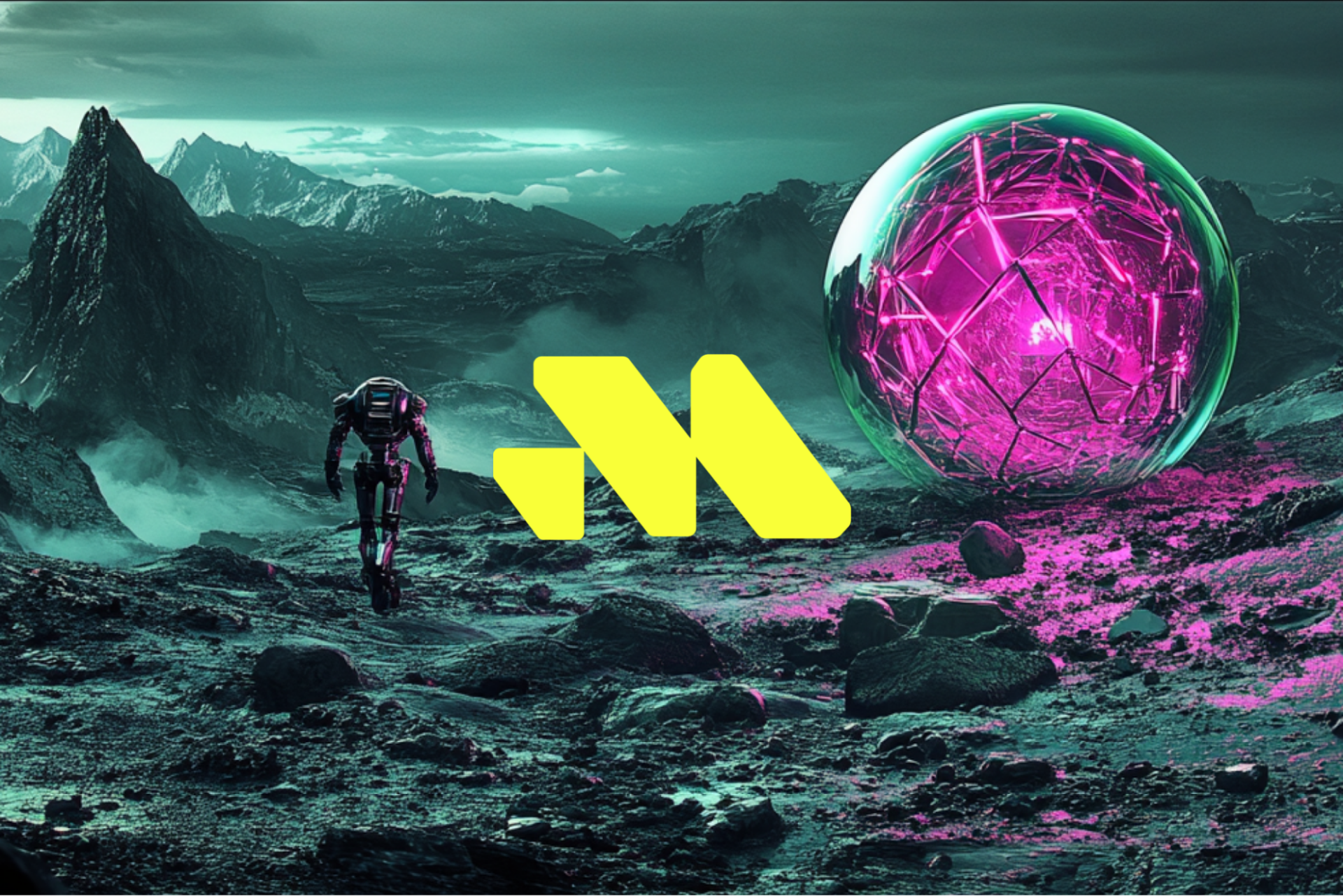
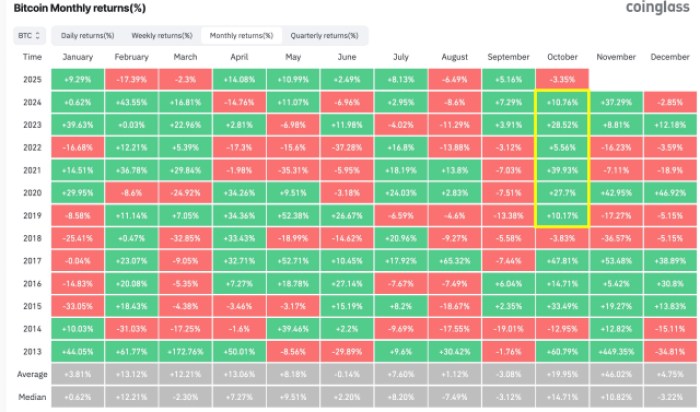
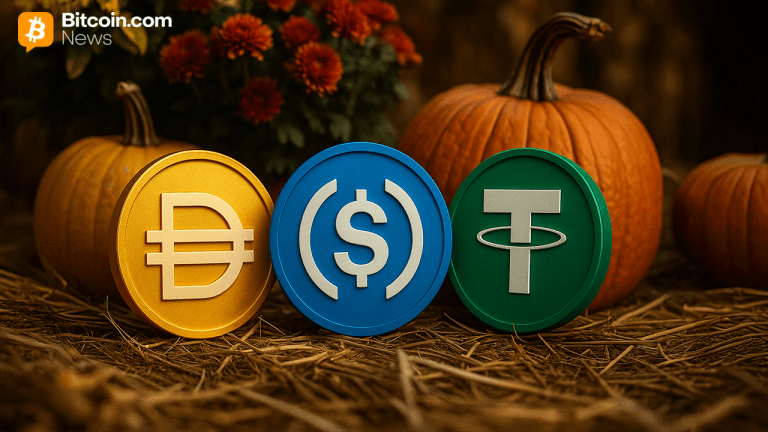





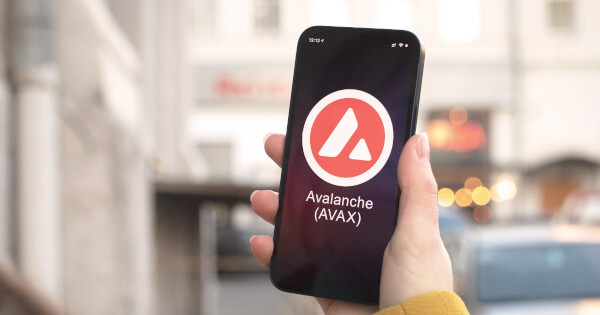
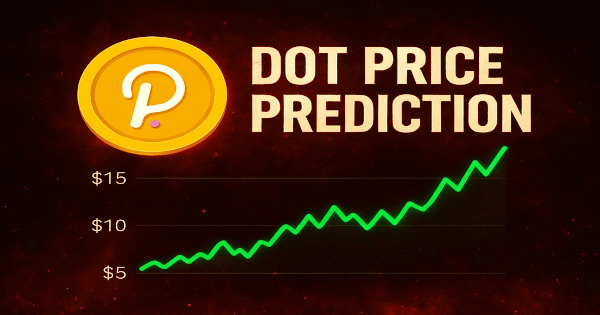
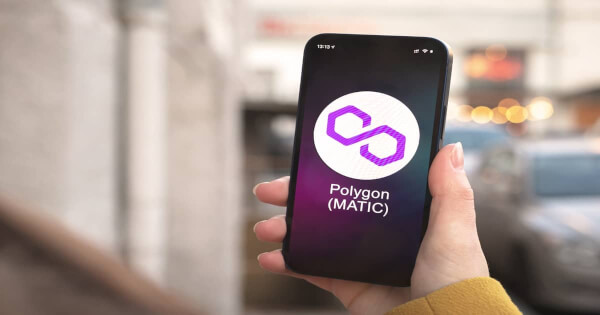
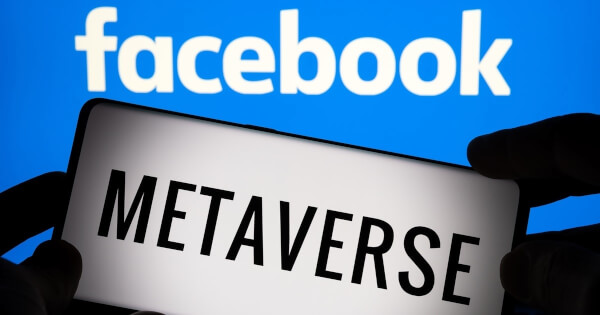

Comments